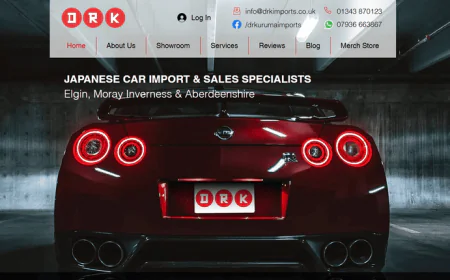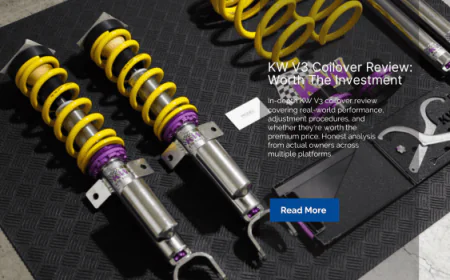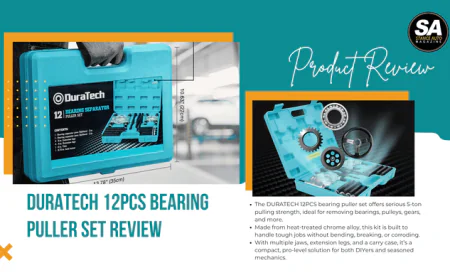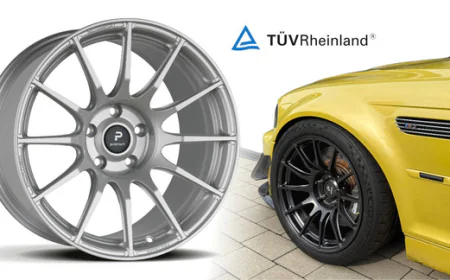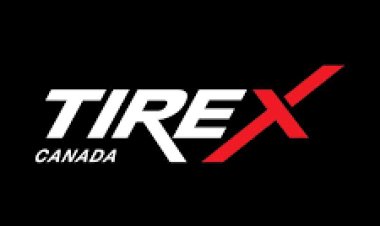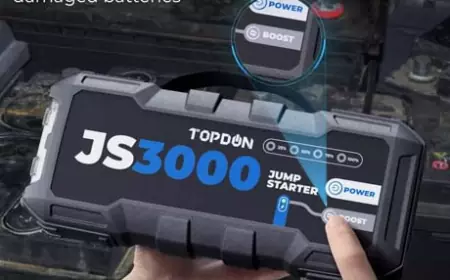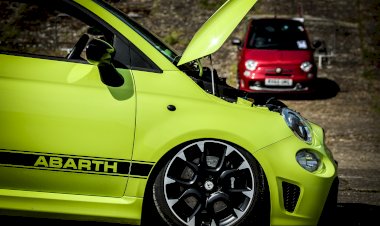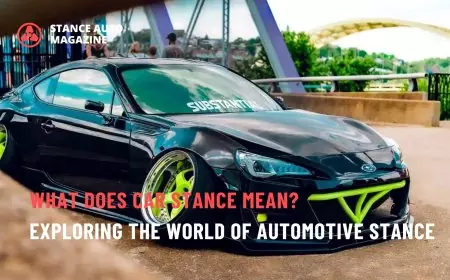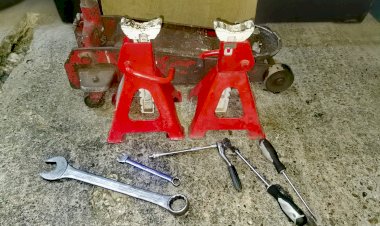What Car Should I Buy for My Daughter – Petrol vs Hybrid vs EVs
Confused between petrol, hybrid or electric for your daughter's first car? We break down the pros, cons and costs to help you make the smartest choice.
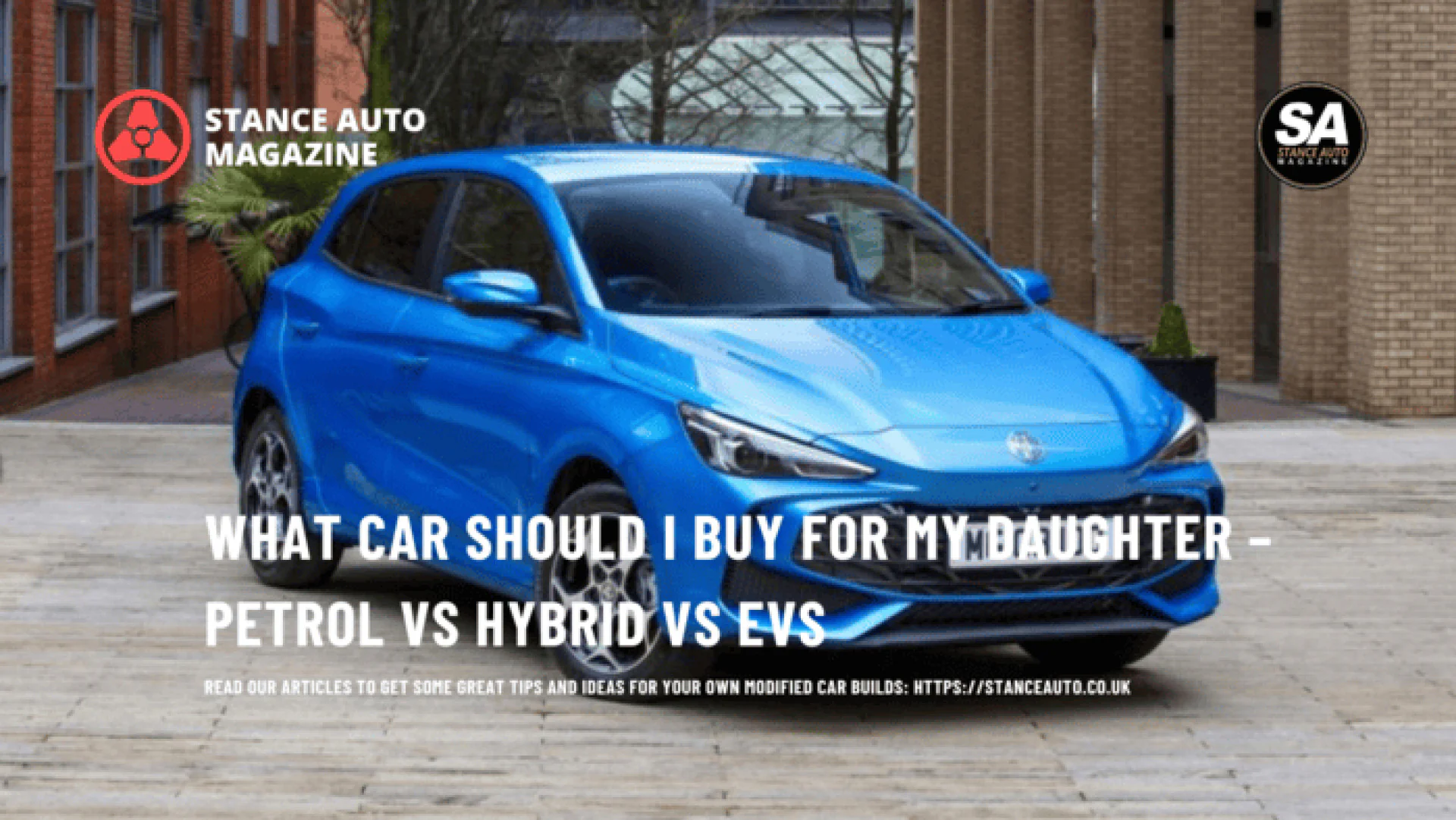
TL;DR
-
Petrol cars are the most affordable and flexible choice for most new drivers in the UK.
-
Hybrids offer great fuel savings but can be more expensive to insure and buy.
-
EVs are clean and quiet but often cost more up front and require charging access.
Why Fuel Type Matters for First-Time Drivers
When helping your daughter choose her first car, one of the biggest questions today is what powers it—petrol, hybrid or electric? With fuel prices, environmental concerns, and clean air zones all influencing the market, it’s not just about cost anymore.
But here’s the thing: while electric vehicles (EVs) and hybrids might sound future-proof, they’re not always the best fit for new drivers. Cost, insurance, and practicality often point toward traditional petrol cars for that important first year on the road.
Let’s break it down.
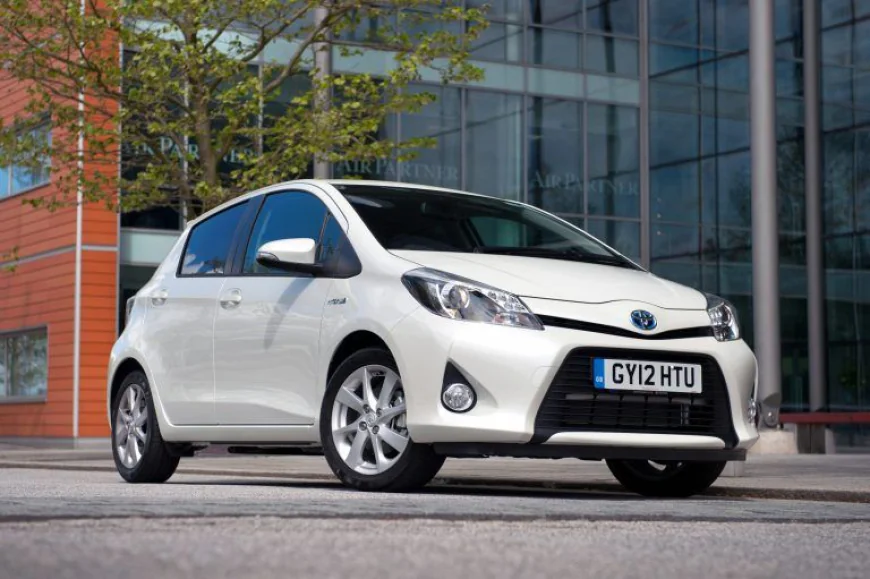
Petrol Cars: Still the First-Time Driver’s Best Bet
If your daughter just passed her test, a petrol car is likely the easiest and most sensible choice. Petrol models are:
-
Cheaper to buy upfront
-
Easier to maintain and repair
-
Widely available in the used market
-
Compatible with any UK road situation
Insurance is generally lower for small petrol cars than for hybrids or EVs. Popular picks like the Hyundai i10, Ford Fiesta, or Skoda Fabia sit in low insurance groups and offer great mpg (45–55 mpg on average).
And when it comes to running costs, petrol cars don’t need expensive battery servicing or home charging kits—just regular fill-ups and a good mechanic.
Hybrids: Fuel Savers With a Catch
Hybrids combine a petrol engine with a small electric motor, designed to boost mpg and reduce emissions. They’re perfect for city driving and short commutes, where regenerative braking does its thing. You’ve probably seen them in Uber fleets for a reason—they’re efficient.
Models like the Toyota Yaris Hybrid or Renault Clio E-Tech are becoming common first-car choices for eco-conscious families.
But here’s the catch:
-
They’re more expensive to buy—often £2,000+ more than their petrol equivalents
-
Insurance groups tend to be higher, due to added tech and cost of repairs
-
Servicing can be trickier, especially at local garages not trained in hybrid systems
That said, if your daughter will be doing mostly urban driving, and you can stretch the budget a little, a hybrid might be worth it in the long run.
Check Out This Article: Best Hybrid Cars for First-Time Buyers
Electric Cars (EVs): Clean and Quiet, But Are They Practical?
Electric vehicles are making waves, and for good reason—they’re smooth, silent, and have zero tailpipe emissions. But are they right for a new driver?
Let’s look at what you gain:
-
No road tax
-
Low running costs (2–5p per mile)
-
Exempt from most congestion or clean air zone charges
However, the challenges are significant:
-
Higher upfront cost, even for small models like the Fiat 500e or Renault Zoe
-
Limited used market at entry-level prices
-
Charging access—home charging is ideal, but not always possible in flats or rentals
-
Insurance is usually higher, due to battery replacement costs and unfamiliarity among some repairers
For a second or third family car, EVs are great. But for a first independent daily driver, they might create more stress than they’re worth—unless you’ve got the infrastructure and budget to support it.
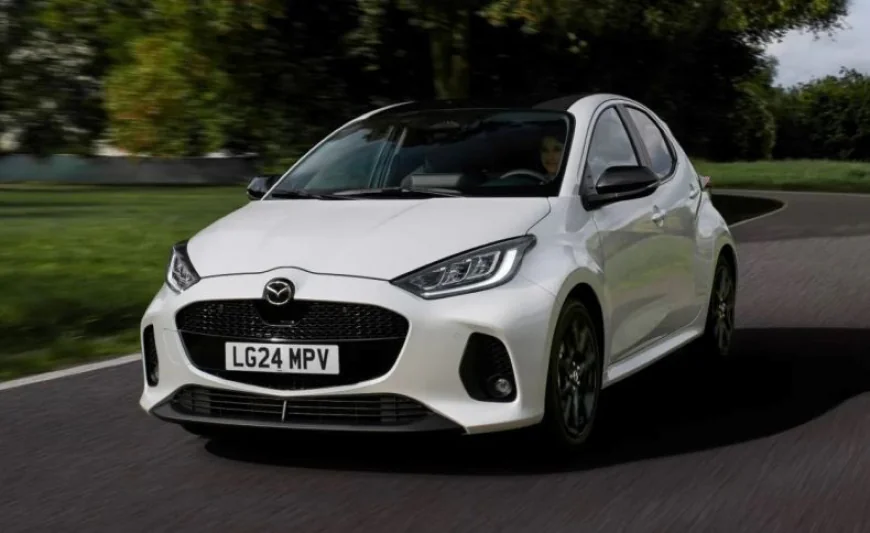
Cost Comparison at a Glance
|
Type |
Typical Cost |
Insurance Group |
Fuel/Energy Cost |
Pros |
Cons |
|
Petrol |
£3k–£10k |
1–10 |
£1.40–£1.60/litre |
Cheap, easy, available |
More emissions, less mpg |
|
Hybrid |
£5k–£12k |
10–17 |
£1.40/litre |
Efficient, lower emissions |
Costlier insurance and repairs |
|
Electric |
£7k–£25k |
15–25 |
5p/mile (home) |
Green, quiet, no road tax |
Expensive, charger access needed |
What’s Best for Your Daughter?
If she’s:
-
Living at home or commuting short distances
-
Budget-conscious
-
New to driving and still building confidence
...then a small petrol car is usually the best fit. It gives her flexibility, low running costs, and freedom from infrastructure limitations.
If your household already has EV charging at home, or you live in a city with lots of public chargers and limited ULEZ access, then an EV might work—but don’t force it.
Hybrids make sense as a middle ground—especially if she’s in and out of stop-start traffic—but only if the budget allows for it.
Final Verdict: Start Simple, Then Upgrade
There’s nothing wrong with starting small. In fact, it’s wise. A petrol car keeps things simple while your daughter builds experience and gains confidence on the road. Once she’s got a year or two of no-claims bonus, her next car could easily be an EV or hybrid—without breaking the bank.
Remember, the first car is about safety, cost, and practicality—not just the latest tech or greenest badge.
Related Articles We Could Also Publish
-
What Car Should I Buy for My Daughter – Safety Features Explained
-
What Car Should I Buy for My Daughter – Insurance: How to Save
-
What Car Should I Buy for My Daughter – Petrol vs Hybrid vs EVs
-
What Car Should I Buy for My Daughter – Used Car Buying Checklist
-
What Car Should I Buy for My Daughter? Safe, Cheap & Reliable
Call to Action
Do you have a build story like this one? Got a build on a budget? We want to see it. Submit your story to Stance Auto Magazine, and you could be the next featured owner showing the world how to do it right—without breaking the bank.
And hey, don’t forget to tag us on socials. Use #stanceautomag on Instagram, Pinterest and Facebook so we can see (and maybe feature) your ride.

Order Your Car Magazines From Our Amazon Book Store
Get Noticed Use our Hashtags - #stanceauto #stanceautomag #stanceautomagazine #modifiedcarmagazine
UKTM no: UK00003572459
 Like
0
Like
0
 Dislike
0
Dislike
0
 Love
0
Love
0
 Funny
0
Funny
0
 Angry
0
Angry
0
 Sad
0
Sad
0
 Wow
0
Wow
0


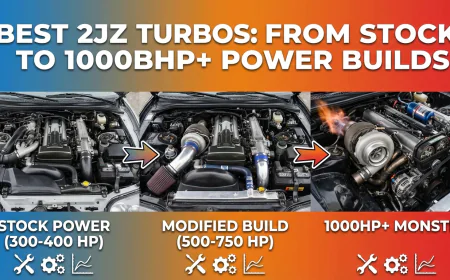




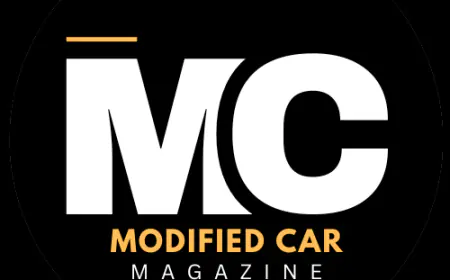









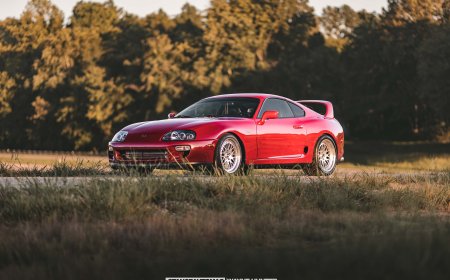














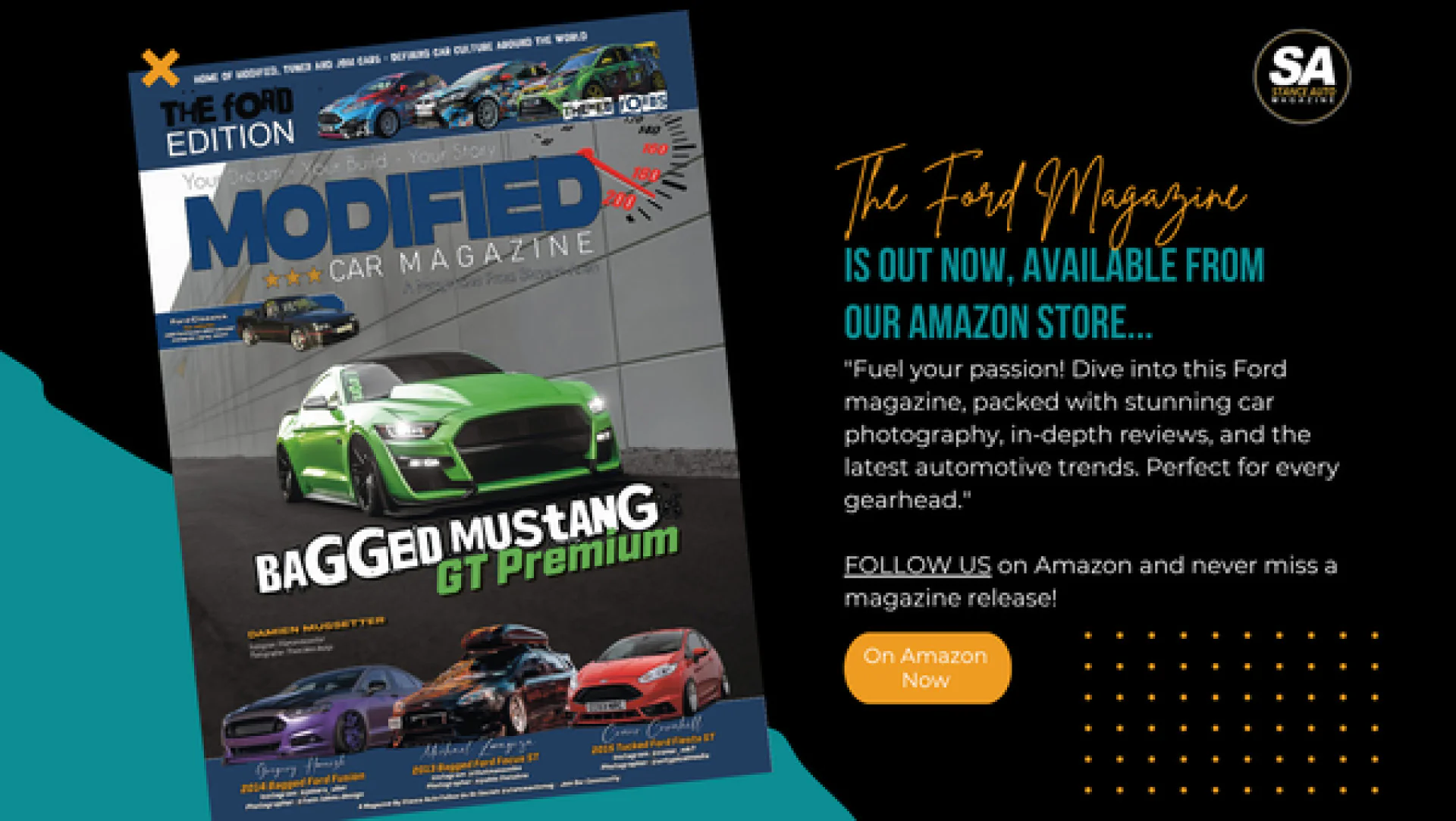



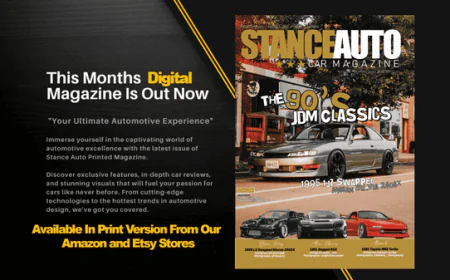





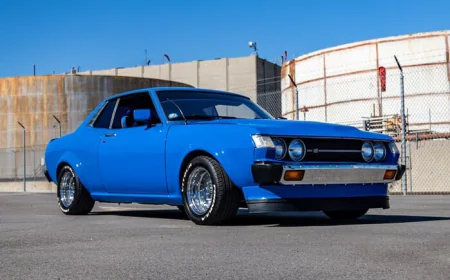
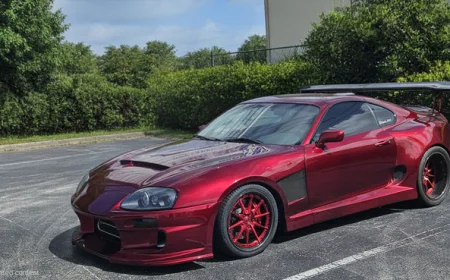






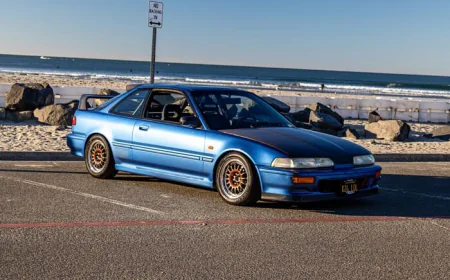
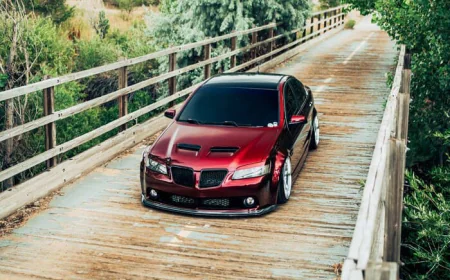
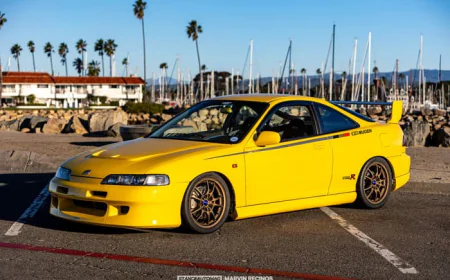


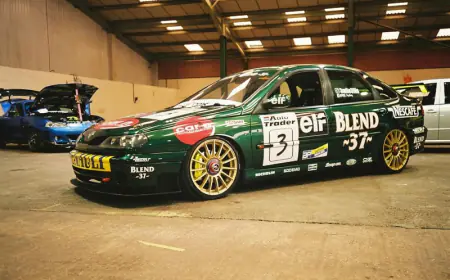








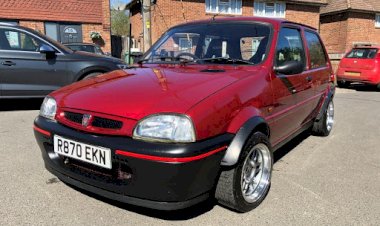
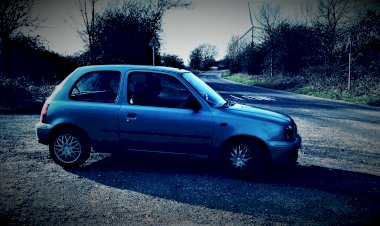

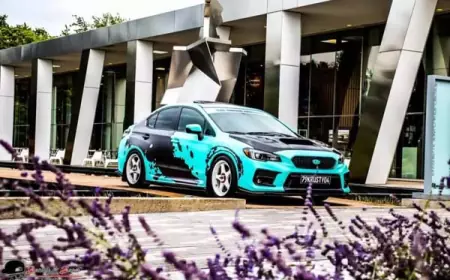


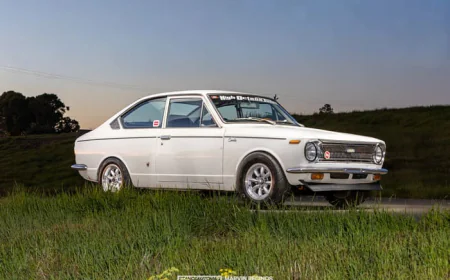
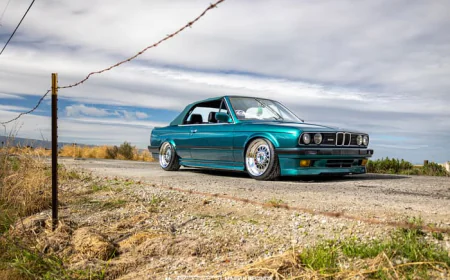
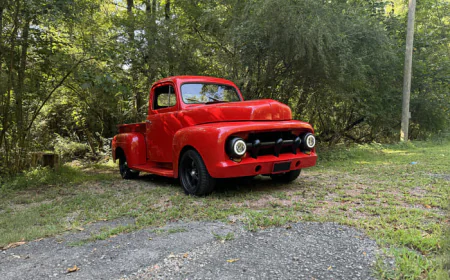

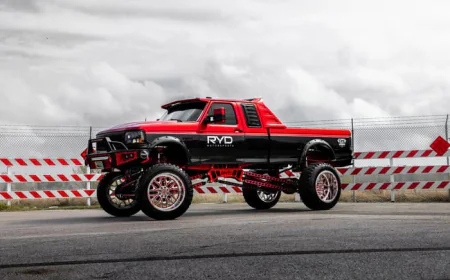



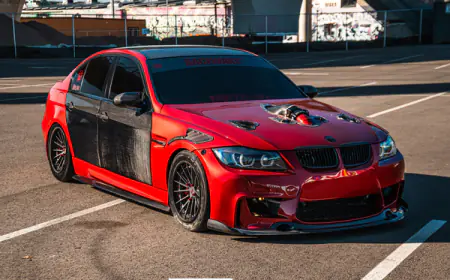
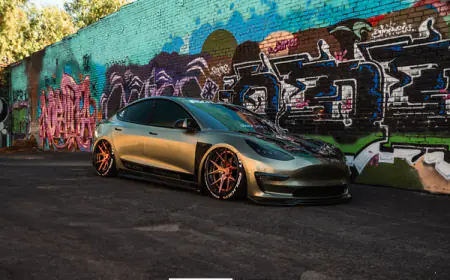
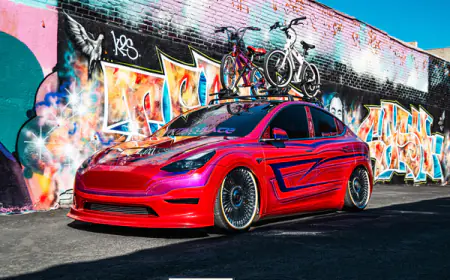



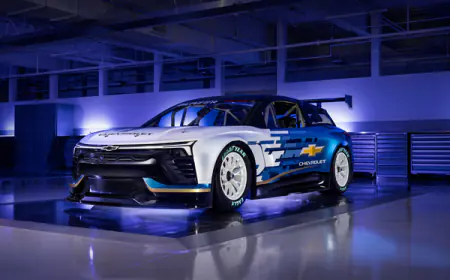


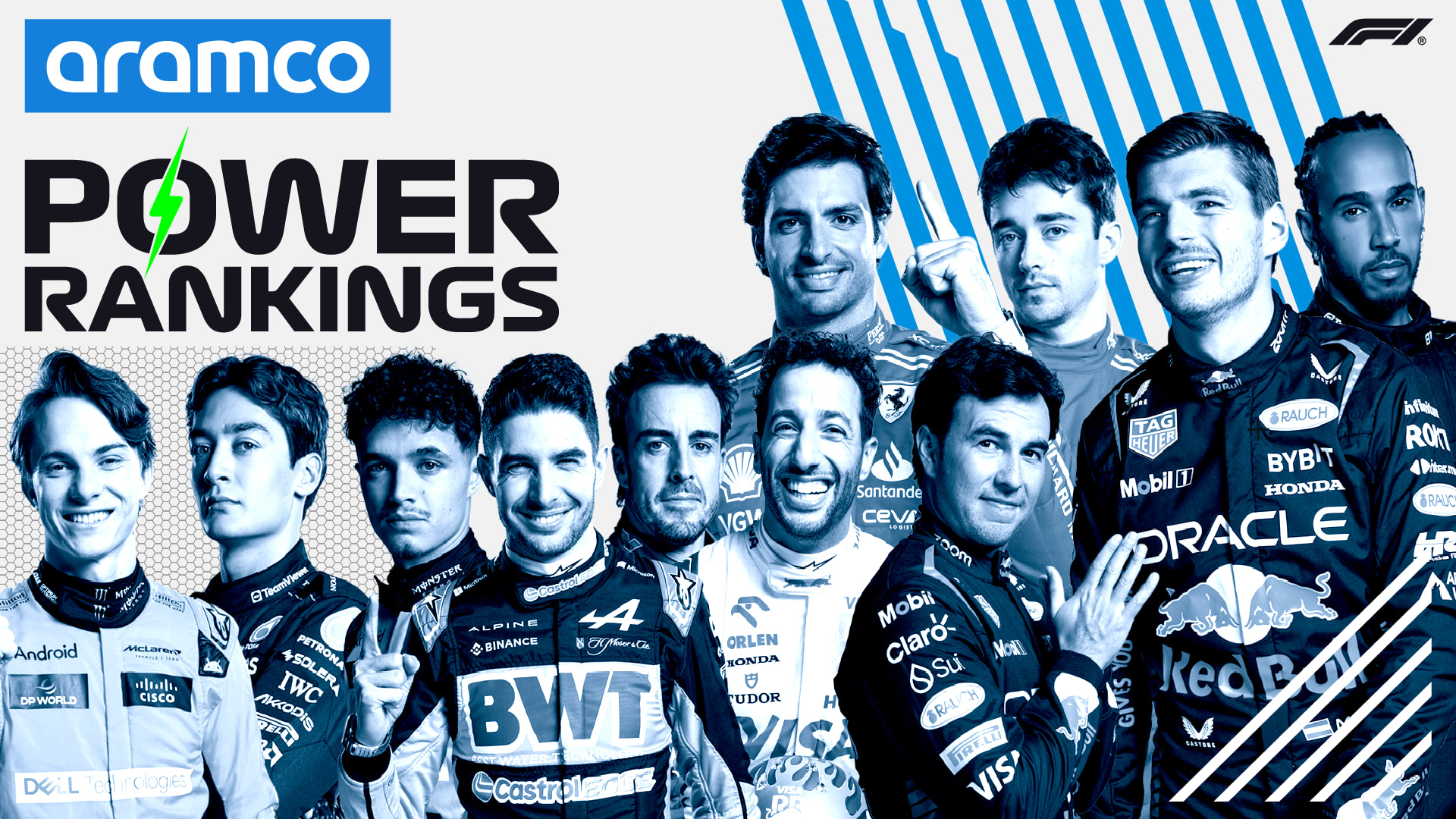

.png)
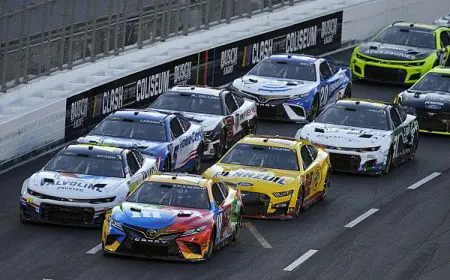



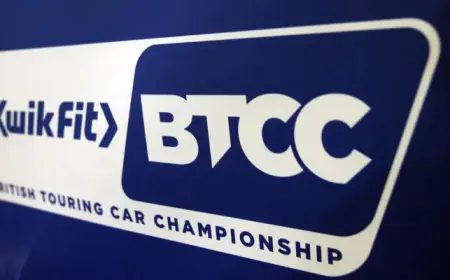







![[HOONIGAN] Ken Block's GYMKHANA NINE](https://img.youtube.com/vi/_bkX5VkZg8U/maxresdefault.jpg)











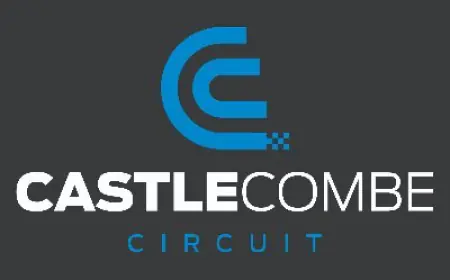











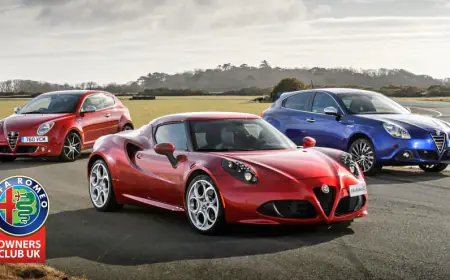










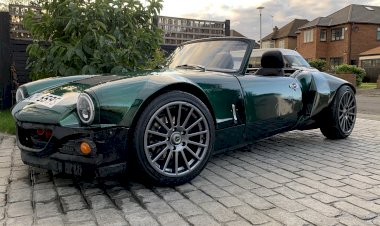
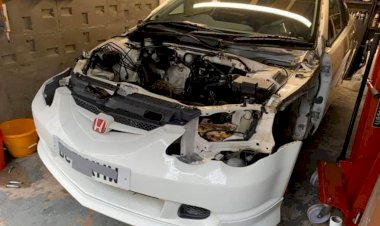




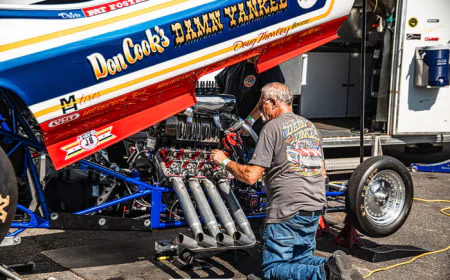
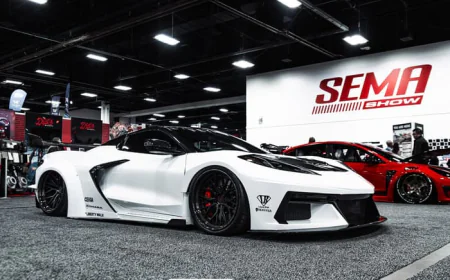


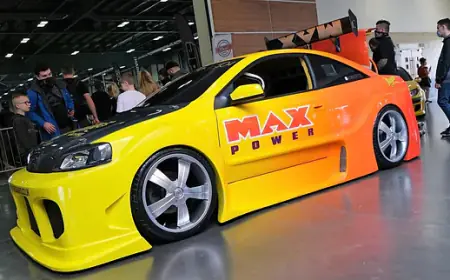

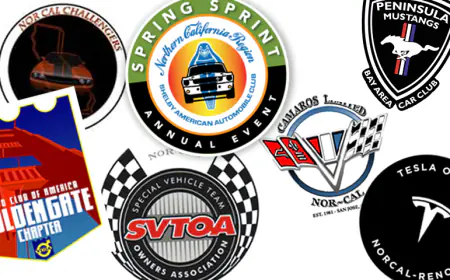
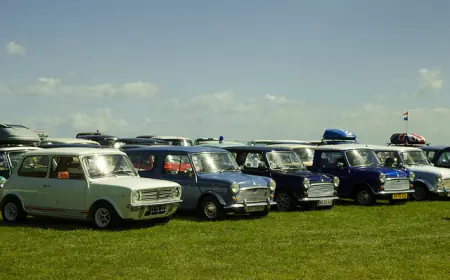









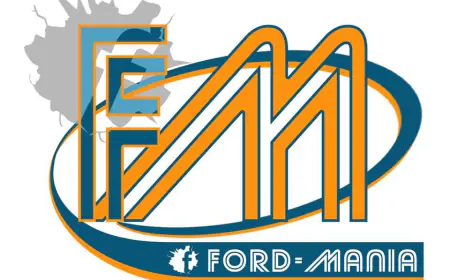




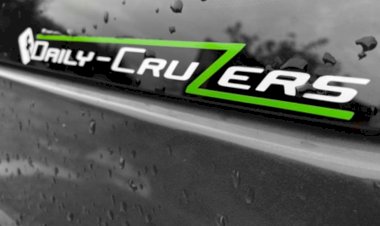


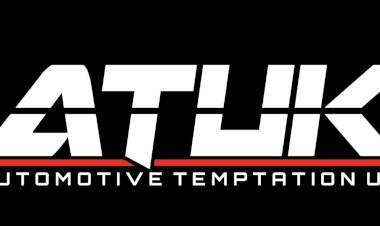









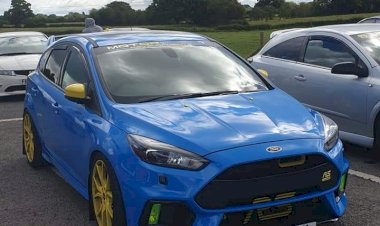






![[HOONIGAN] KEN BLOCK'S GYMKHANA SEVEN: WILD IN THE STREETS OF LOS ANGELES](https://cdn.motor1.com/images/mgl/2KlO4/s1/ken-block-london-tour-directors-cut.jpg)







